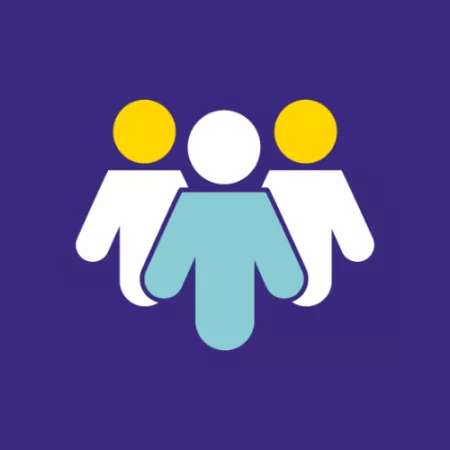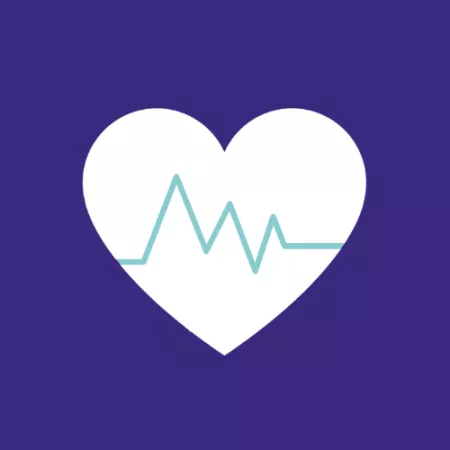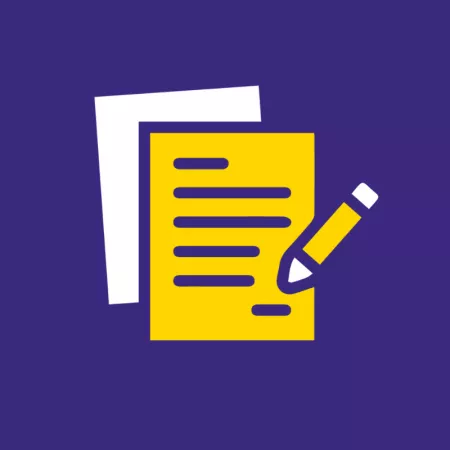To look after your child, you need to look after yourself. This page covers adjusting to an epilepsy diagnosis, a good night’s sleep, getting out and about, and childcare.
It also includes links to download healthcare plan templates and a form for keeping a detailed seizure record.
Reacting to your child’s diagnosis
Many parents go through a range of feelings when their child is diagnosed with a medical condition. It can take some time to find the new ‘normal’.
At first, you may feel a sense of grief, shock or even guilt about the diagnosis. But it’s important to accept that you’re not to blame.
Day-to-day life with a child can be stressful for any parent, but even more so if your child has a health condition. It’s completely normal to worry about how you’ll cope.
If worry and anxiety take over and you feel overwhelmed – remember, you need support too.
Family and friends can be a great source of support, but there may be times when you feel they don’t understand the challenges you’re facing.
You might find it helpful to meet or talk with other parents of a child with a health condition.
If you feel low or even depressed, and this persists, you should seek help.
Make an appointment to talk to your GP. Or ask your epilepsy specialist nurse about local support groups you could join.
Over time, you’ll find positive ways of coping. You might even become an expert on lots of things you never expected to know anything about.
Then, you might find you’re the one supporting others as they start their journey with a child with a medical condition.
Find out more about epilepsy seizures and epilepsy treatments.
A good night’s sleep
In order to face the day, you need a good night’s sleep. Feeling tired all the time can be really hard on your physical, mental and emotional health.
If you’re not getting enough sleep, try to rest when you can – you really will feel better for it.
Also, get family and friends to help from time to time with meals, household chores and looking after other children.
One of the main things that’s going to affect your sleep is worrying about your child having seizures while they’re sleeping.
Find out how you can monitor seizures at night and about choosing seizure monitoring and other equipment, and patterns of sleep development from birth right up to the age of 18.
Getting out and about
Life’s very busy and most parents spend very little time looking after themselves – children and family come first.
But if you’re going to be there for everyone else, you need to take care of yourself first.
For your health, and your child’s, it’s good to get out and about.
Sometimes, when you think about a day or evening out, it can feel like the effort will outweigh any benefits.
But it’s worth making that effort. You and your family will feel better for it. And the key is careful planning.
Depending on how long you’re going to be out of the house, you may need to pack your child’s regular anti-seizure medication, because you’ll need to keep to regular dose times.
If you have emergency or rescue medication, take that too.
Also, no outing with children is complete without drinks and snacks, so make sure you take plenty.
It’s also a good idea to choose destinations with quiet places nearby. This can be reassuring if your child needs to rest or sleep.
Your local council website is a good place to look for details about groups for parents and children.
Or, you can check with your local leisure centre for activities such as messy play, early movement, groups or swimming classes.
Childcare
If you’re using any childcare services, including family and friends, it’s important they know about your child’s epilepsy.
They’ll need to know what to expect and what to do if your child has a seizure while in their care.
Tell them how to recognise the onset of a seizure and how to deal with it. They should also know about any possible seizure triggers for your child.
It’s a good idea to write all this information down for anyone who’s going to be caring for your child.
It will give you peace of mind knowing they know how to deal with any situation that arises.
The form below is useful for providing a detailed seizure record.
Seizure observation and treatment form
You can also share your child’s care plan from their medical team.






